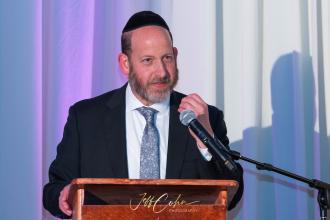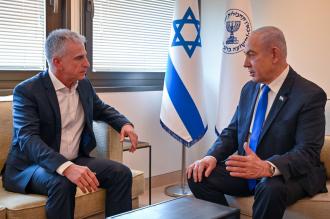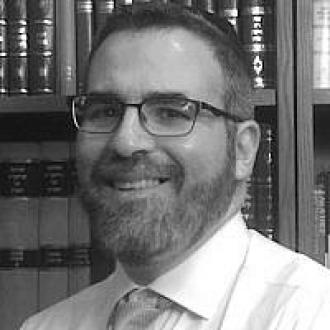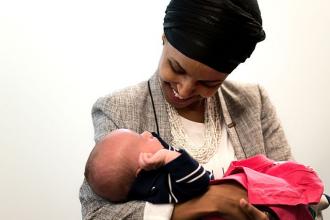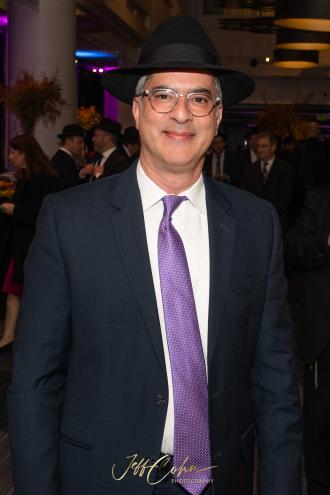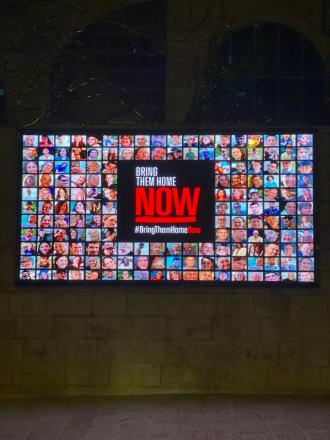Cincinnati - Otto Warmbier’s legacy is still being written a year after his death.
The 22-year-old U.S. college student who died in a Cincinnati hospital days after his release from North Korea while in a vegetative state is being remembered prominently during a dramatic shift in U.S.-North Korean relations.
President Donald Trump said the death of the “very special person” galvanized determination to deal with North Korea, leading to his history-making summit this month with Kim Jong Un. Trump said in Singapore that Warmbier “did not die in vain.”
Parents Fred and Cindy Warmbier, of suburban Cincinnati, expressed appreciation for Trump’s comments and have said they hope “something positive” comes from the summit. “We are proud of Otto and miss him,” their statement said.
Otto’s parents “are trying to take their grief and channel it into very constructive ways” to raise awareness of human rights in North Korea and of “violations that occurred there, including against their own son,” U.S. Sen. Rob Portman, a Cincinnati-area Republican who has kept in touch with the family since their ordeal began, told reporters this month.
North Korea no longer poses a nuclear threat, Trump has said, while not offering details on how or when weapons might be eliminated or even reduced.
The Warmbiers have spoken out repeatedly about North Korea’s treatment of Otto during his 17-plus months of captivity and filed a wrongful death lawsuit against North Korea in April, saying its government tortured and killed their son. They have said they want to hold North Korea accountable for their “barbaric treatment” of their son.
During a United Nations symposium in May, Cindy Warmbier said that the family will keep speaking out about human rights violations to publicly “rub their noses in this .”
Portman said the Warmbiers are happy for the families of three American detainees North Korea freed ahead of the summit.
“Of course, we all wish that Otto had been one of them ... Coming home healthy, and that he was still with us,” Portman said.
Warmbier, a University of Virginia student visiting with a tour group, was arrested by North Korean authorities in January 2016 on suspicion of stealing a propaganda poster and was sentenced in March that year to 15 years in prison with hard labor after making a lengthy televised confession and appeal for mercy. He disappeared from public view after that, but then was released and arrived in Cincinnati on June 13, 2017.
He died on June 19.
Doctors in Cincinnati said he had suffered severe brain damage, although they weren’t sure what led up to it. North Korea denied torturing him, saying he fell into a coma that resulted from botulism and a sleeping pill.
Fred Warmbier last year recounted to Fox News the condition Otto’s parents received him in: making an “involuntary, inhuman sound,” ‘‘staring blankly into space jerking violently,” and was blind and deaf, with his head shaved. Trump tweeted afterward : “Otto was tortured beyond belief by North Korea.”
The Warmbiers attended the president’s State of the Union address, where Trump paid tribute to them as “powerful witnesses to a menace that threatens our world.”
Last Friday, asked by a reporter why he didn’t criticize North Korea’s human rights violations during the summit after having spoken so passionately about Otto, the Republican president replied: “You know why, because I don’t want to see a nuclear weapon destroy you and your family ... I want to have a good relationship with North Korea.”
Portman has expressed caution, saying there need to be ways to verify North Korea does what it says it will. He recalled that when Otto returned home, it became clear that the “regime had lied to us about his condition. ... We have to be vigilant about the regime and the nature of the regime.”
But he said he supported having talks, telling reporters last week that had there been direct U.S. dialogue with North Korea after Warmbier’s arrest, better communication could “perhaps even been able to save his life.”





